February is Black History Month in the United States and Canada--and in honor of African American history, we bring you African American literature to read. These are contemporary books written within the last twenty years, included on the list because they, in one way or another, expand the genre and representation of African American history.
We know we can’t ask you to read every book in the universe--but we hope this list gives you a starting point on your journey of discovery.
1. Heavy by Kiese Laymon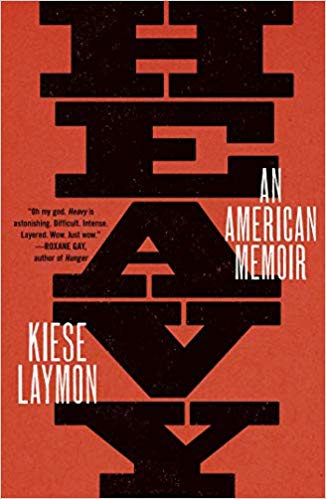
Kiese Laymon's Heavy is a powerhouse of a memoir, one that is a must-read, one that I hope, decades from now, is a part of our literary canon. Heaviness is a burden and it is a baseline--heavy is history and the body of an African American man. Laymon, a professor of English and Creative Writing at the University of Mississippi, lays it all down without mercy, which is to say without mercy to himself as well as the reader.
2. Pym by Mat Johnson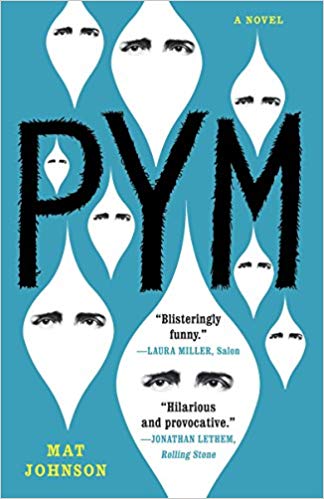
Pym is inspired by Edgar Allan Poe’s only novel, The Narrative of Arthur Gordon Pym of Nantucket, which was set in 1830s Antarctica, featuring a seafaring adventurer named Pym. Poe’s book is also a fear-hallucination about race--a mutiny is led by a black crew member and when they reach the South Pole, all of the inhabitants are black. Like, even their teeth are black. Poe’s book ends with that image of discovery. But that sentiment is where Johnson’s Pym begins. The narrator, Chris Jaynes, is a professor of African American Studies (which Jaynes self-describes as a “Professional Negro”) at an “intimate, good but not great” college who recreates Pym’s very voyage to Antarctica. What follows is an intense scrutiny of “whiteness.”
3. An American Marriage by Tayari Jones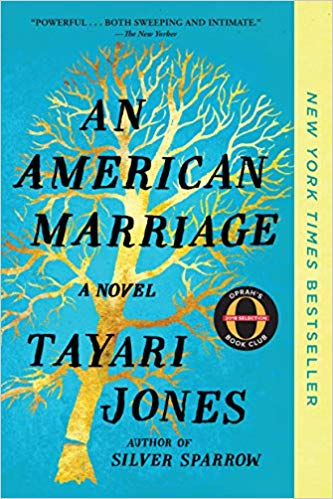
An American Marriage, Tayari Jones’s fourth novel, is about a man named Roy who has been imprisoned as a result of a wrongful conviction while his wife, Celestial, waits for his return. It is by turns a story of cleaving, painted in unblinking, lush strokes of language and a story about country and devastation. An American Marriage is an epic, Odyssey-level examination of marriage and by proxy, a survey of love, families, African American community, and the definition of social justice.
4. Big Machine by Victor LaValle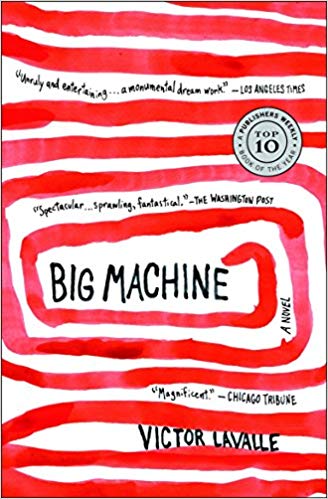
I love excellent opening lines of books that then take me to unlikely and strange places. That book is Big Machine by Victor LaValle who writes the story of Ricky Rice, a recovering addict summoned to a place called The Washburn Library in Vermont. What ensues is an exploration of faith--what do we believe and what do we doubt? LaValle is a little bit of Haruki Murakami, a little bit of Colson Whitehead, a little bit of Gabriel Garcia Marquez and a little bit of Richard Wright.
5. This Will Be My Undoing by Morgan Jerkins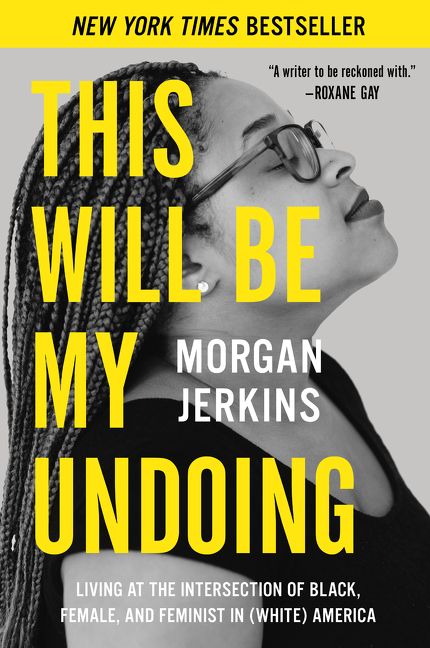
This Will Be My Undoing is comprised of Morgan Jerkins’s timely and lucid essays on being black and female in America--from childhood to her time as a student at Princeton to insights on Michelle Obama to ruminations on Beyonce. The essays are candid and laced with pop culture references--making them infinitely relatable on one level or another; Jerkins is an extremely compelling writer who does not brush anything under a rug.
6. The Hate U Give by Angie Thomas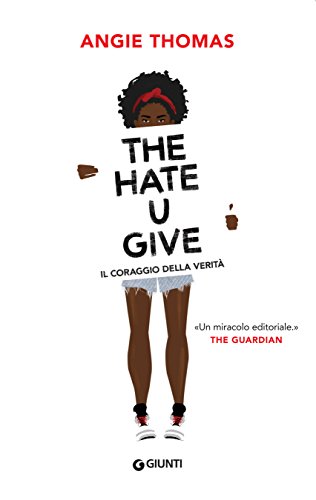
The Hate U Give is Angie Thomas’s debut novel. It a YA novel that brilliantly illustrates code-switching, examples of true allies, and does it in a way that shows why YA fiction pierces a human’s psyche and stays throughout adulthood. The Hate U Give’ s protagonist Starr Carter navigates the poor black neighborhood in which lives and her upscale suburban prep school--and it’s within this friction that Starr questions and thrives.
7. Sing, Unburied, Sing by Jesmyn Ward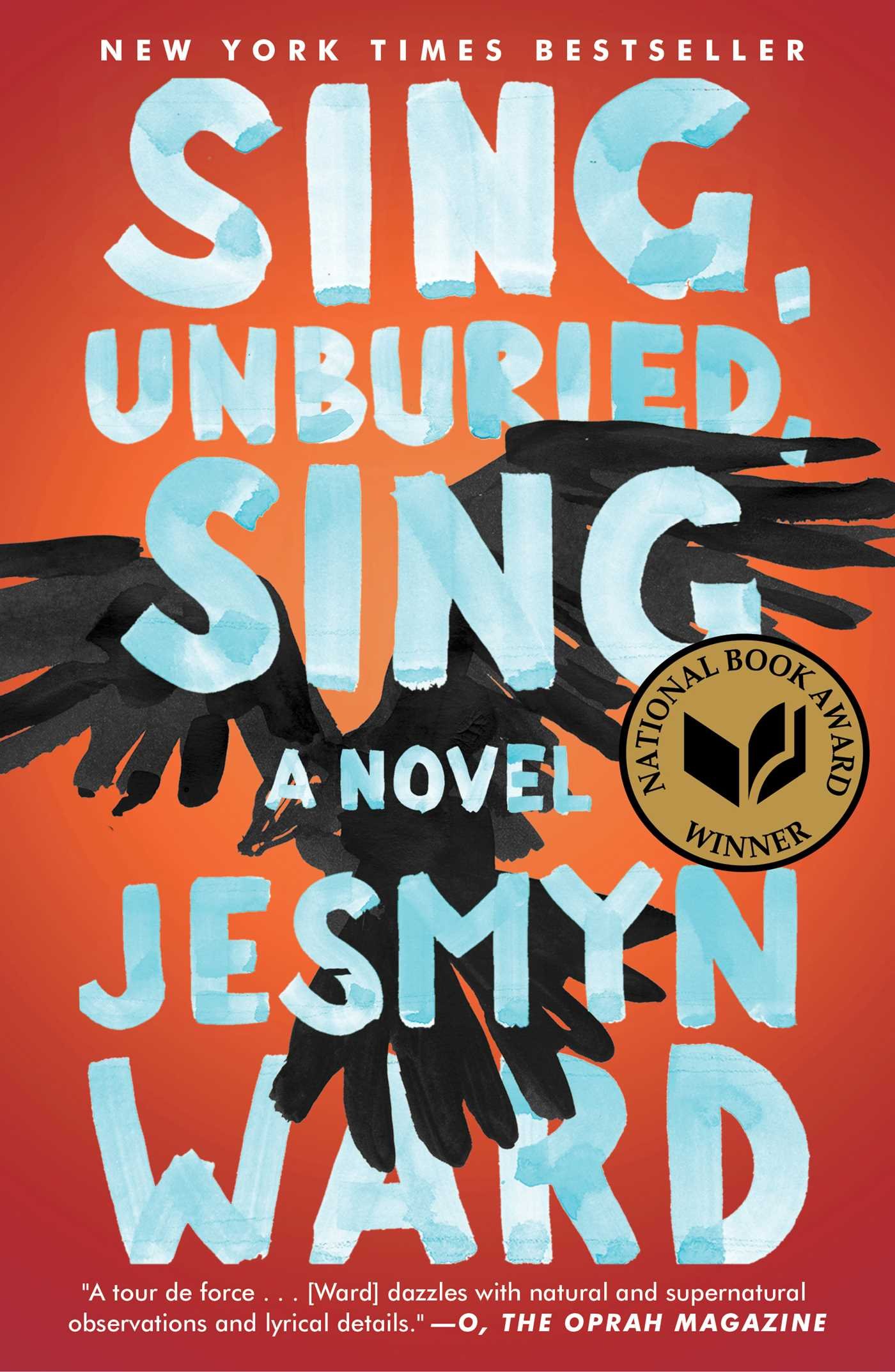
Sing, Unburied, Sing is Jesmyn Ward’s third book. It was hard for me to choose between Sing, Unburied, Sing and her second book, Salvage the Bones, for this list--Ward won the National Book Award in 2011 and 2017 for both novels.
Sing, Unburied, Sing is epic and intimate--it is country, history, and family, framed within the archetype of a road novel. Leonie is a drug addict with two children, Jojo and Kayla. Their grandmother is dying of cancer and their grandfather does his best to parent Jojo and Kayla. When the father of Leonie’s children is released from prison, Leonie sets out on a road trip for the Mississippi State Penitentiary in a post-Hurricane-Katrina landscape. What follows is history interplayed with geography interplayed with family history.
8. Homegoing by Yaa Gyasi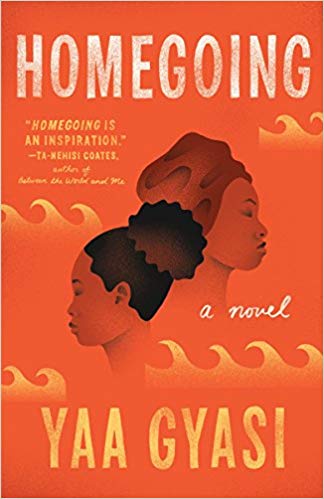
Homegoing is Yaa Gyasi’s historical debut novel--structured such that each chapter is narrated by the descendant of an Asante woman named Maame. It spans hundreds of years of history and fourteen characters--from 18th century Ghana to current day America. To that end, Gyasi connects each generation and chapter to a historical event, from cacao as a crop in Ghana to slavery and segregation in America. This is a wise and expansive book--it’s hard to capture several hundred years in a book, yet Homegoing does.
9. A Lucky Man by Jamel Brinkley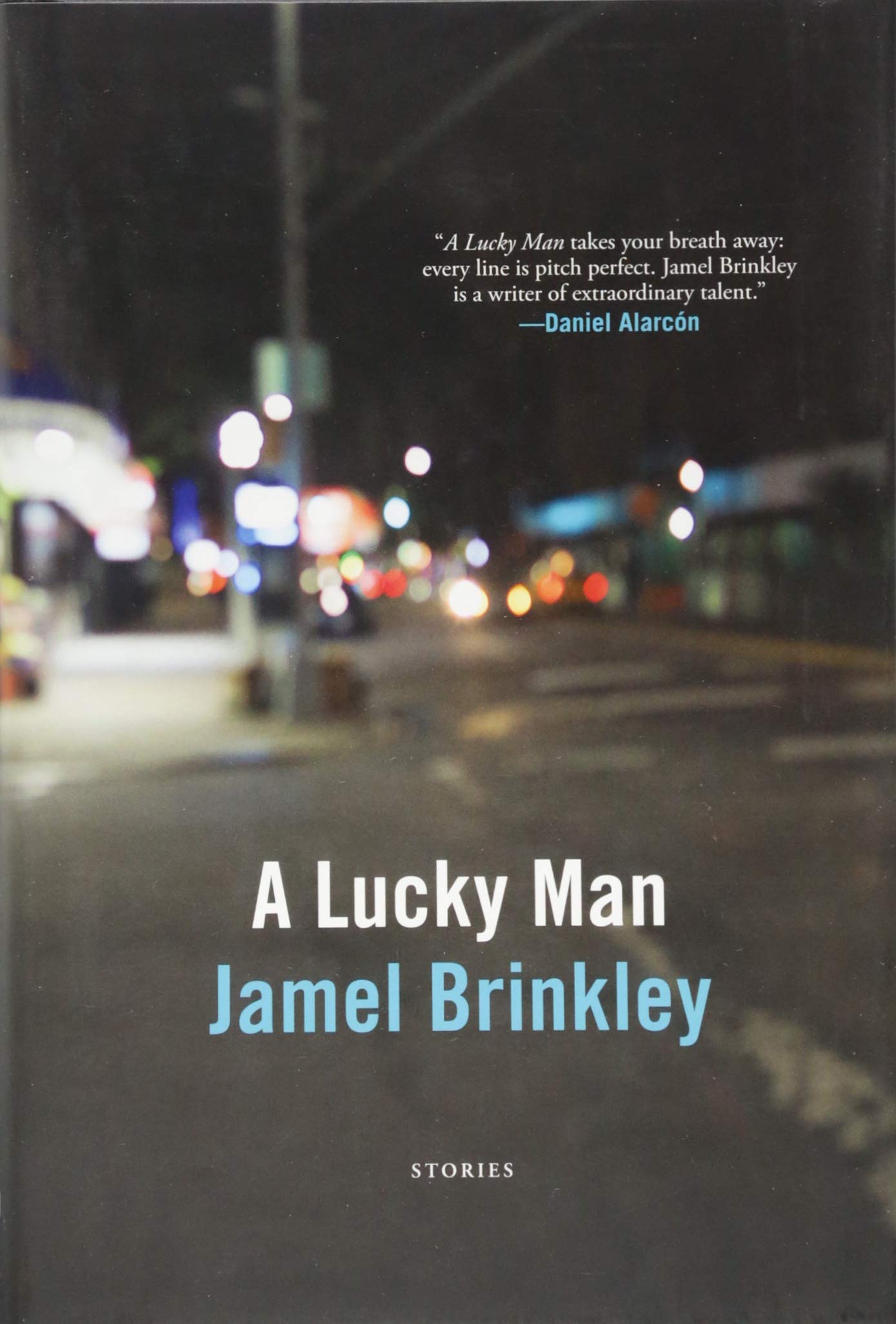
In this story collection, Jamel Brinkley examines black male interiority--whether it is boys becoming men, boys separated from fathers, and men demanding to see (and be seen) and the nuances thereof. There’s so much in this complicated portrayal: the male gaze illustrated in “No More Than a Bubble,” desire and entitlement such as in the titular story "A Lucky Man," the verboten nature of touch between men in “I Happy Am,” and what happens when we compartmentalize trauma (news flash: it’s not good).
10. Before You Suffocate Your Own Fool Self by Danielle Evans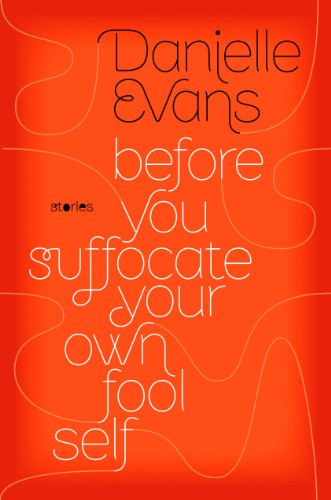
Danielle Evans’s short story collection, Before You Suffocate Your Own Fool Self brings to mind Toni Cade Bambara’s story collection, Gorilla My Love. Like Bambara’s “The Johnson Girls,” the narrator of Evans’s stories is close in age to the African American and mixed-race characters--and so there is an immediacy to the girls and young women coming of age in America. The collection is alive with Evans’s wit and candor--and full of tension, as each and every story deals with intersectionality of race, identity, class, gender, and generation with storylines including abortion, graduation, and (literal) identity theft.







